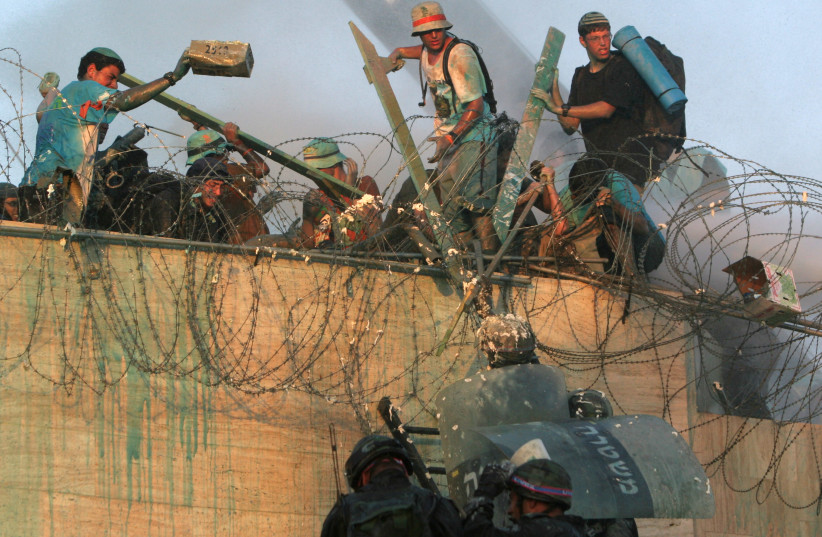
This is the first installment in a new series, “Behind the Bylines,” where we bring you a look at the people behind the articles that keep our paper running. Our first subject is The Jerusalem Post’s diplomatic reporter and deputy managing editor, Tovah Lazaroff.
How did you get into journalism?
I always loved writing, news, and stories about real people. As a child, I interviewed all my relatives, as many as would talk to me, to get their life stories.
The best part about being a journalist is that it transformed my often annoying personality trait of being too nosy into a professional asset. No one in my family had been a journalist, and I didn’t know any personally. I was inspired, therefore, by movies like All the President’s Men, which showed me how those passions could feed into a profession dedicated to making change.
My path to journalism, I always joke, was one long list of what not to do. I didn’t write for my high school or college newspapers. To make matters worse, the college didn’t even have a journalism program. This left me, along with thousands of aspiring journalists, knocking on the door of the closest local newsroom, without any clips or experience, begging for a shot. A typing job led to a spot in the listings department, followed by a freelance reporting position. One of my first feature stories won a New England Press Association award, which helped me gain a staff position.
How did you get to Israel?
There is a special responsibility that comes from living during the first era in 2,000 years in which Jews have a state of their own. Both my grandmother and mother wanted to live in Israel but never did. I inherited their unfulfilled dreams, merging them with my love of journalism, honing the craft first, before using it to tell the Israel story.

I moved after attending a workshop on foreign journalism, nine years into a career in local journalism in Massachusetts. The speaker encouraged those who spoke a foreign language to go live in that country and find a job in journalism. My father’s job in Jewish academia had brought us to Israel twice for sustained periods – once when I was in elementary school, and once in high school. That experience, combined with my Jewish day school education, meant that I knew Hebrew.
I arrived in Israel close to the start of the Second Intifada, when everyone’s best advice was to ditch news for hi-tech. I ignored them and walked into the offices of The Jerusalem Post.
What is one of the most memorable anecdotes from your career?
Coverage of the 2005 Disengagement, which was part of the sequence of events that set in motion the Oct. 7 attack. One of its defining elements was the extent to which Israelis living in the Gaza settlements refused to acknowledge publicly, and in many cases privately, that the 21 Jewish communities in the enclave were on the eve of destruction.
When quizzed as to what their plans were when IDF soldiers arrived to pull them from their homes, they were puzzled, almost as if you had asked how they might feel about aliens landing from Mars.
“Don’t you know,” they would say, “they are not coming?”
Then “imagine for a moment what it might be like if they did come,” I would counter. Should I be correct, they would respond, they were certain of only one thing: that one day, the IDF would have to return to Gaza.
The exchange stayed with me. In that moment, their prediction of a return, given that their homes were reduced to rubble and the IDF had withdrawn behind a sealed border, signaled a disconnect from reality. With each war, their prediction of a return seemed increasingly prophetic, more like an astute analysis of the dangerous road ahead.
What do you have to say to any aspiring journalists out there?
This is an amazing time to be a journalist. The available toolbox to gather product information has never been so vast and so immediate. Those options revolutionize storytelling and news production.
But it’s also one fraught with challenges, given the fast-paced news environments, the absence of viable funding models, and the escalating newsroom use of artificial intelligence [AI]. The more truth becomes a partisan affair, the less the facts seem to matter amid a growing appetite for fake news and echo chambers.
Join the profession, join the conversation, and make a difference; but don’t lose sight of the mission: to provide fact-based information that illuminates the balanced civic debate that is a pillar of any democratic society.
